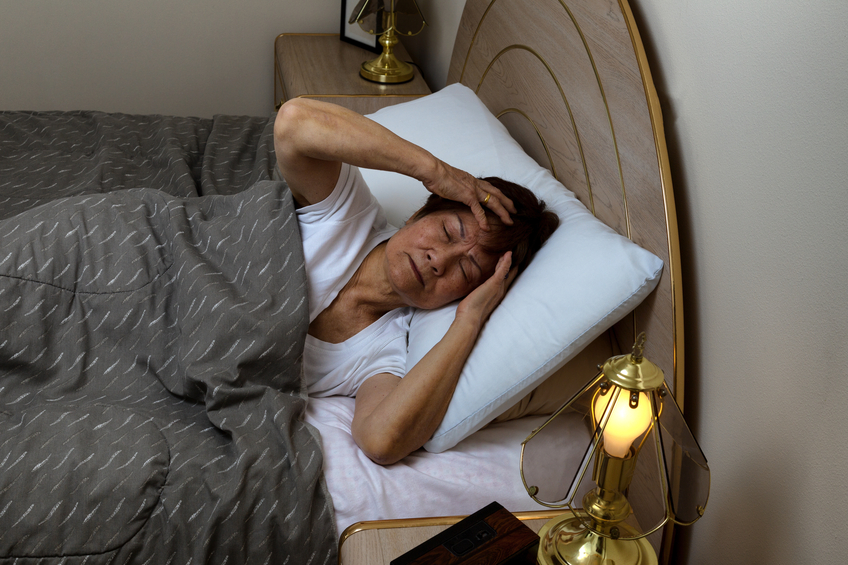“Get a good night’s sleep. You’ll feel better in the morning.”
Although we’re all familiar with the restorative powers of a good night’s sleep, for many Americans, pain itself can stand in the way of a few Zs.
More than one in five Americans (21 percent) suffers from chronic pain, according to a poll by the National Sleep Foundation, and 36 percent reported experiencing acute pain during the previous week. All that aching adds up to a lot of lost or poor quality sleep.
Sleep debt is the difference between the amount of sleep Americans say they need and the amount they’re actually getting. Chronic pain sufferers experienced an average sleep debt of 42 minutes per night while those who had recently experienced acute pain reported a 14 minute sleep debt.
What’s more, only 45 percent of respondents with acute pain and 37 percent of those with chronic pain reported sleeping well, compared with 65 percent of respondents who did not experience pain. Chronic pain sufferers were also more than three times as likely to report high stress levels compared with respondents without pain.
The impact of pain-related sleep problems stretches far beyond the bedroom. People with pain were far more likely than those without pain to report that lack of sleep interfered with their work, mood, activities, relationships and enjoyment of life overall.
“Those with chronic pain are at higher risk for excessive daytime sleepiness due to significant effects of pain on the sleep cycle,” says Dr. Aleah Gibson, a family care physician in St. Elizabeth Physicians’ Aurora, Ind. office. What’s more, the link between pain and poor sleep can become a vicious cycle. “Lack of sleep can amplify pain symptoms. More pain means less sleep, leading to exhaustion, decrease in healing and major effects on all aspects of quality of life.”
People who experience sleep problems should stop or limit their caffeine and alcohol consumption and practice sound sleep practices – a cool, dark room and a relaxing bed-time routine can help. Over-the-counter sleep aids and pain medications can also help.
“Anyone with pain that is lasting and that is not responding to over-the-counter pain relief should see their physician. Pain medications and sleep aides should not be taken long-term without your doctor’s input,” Gibson says. “Don’t wait for the vicious cycle to get out of control.”


